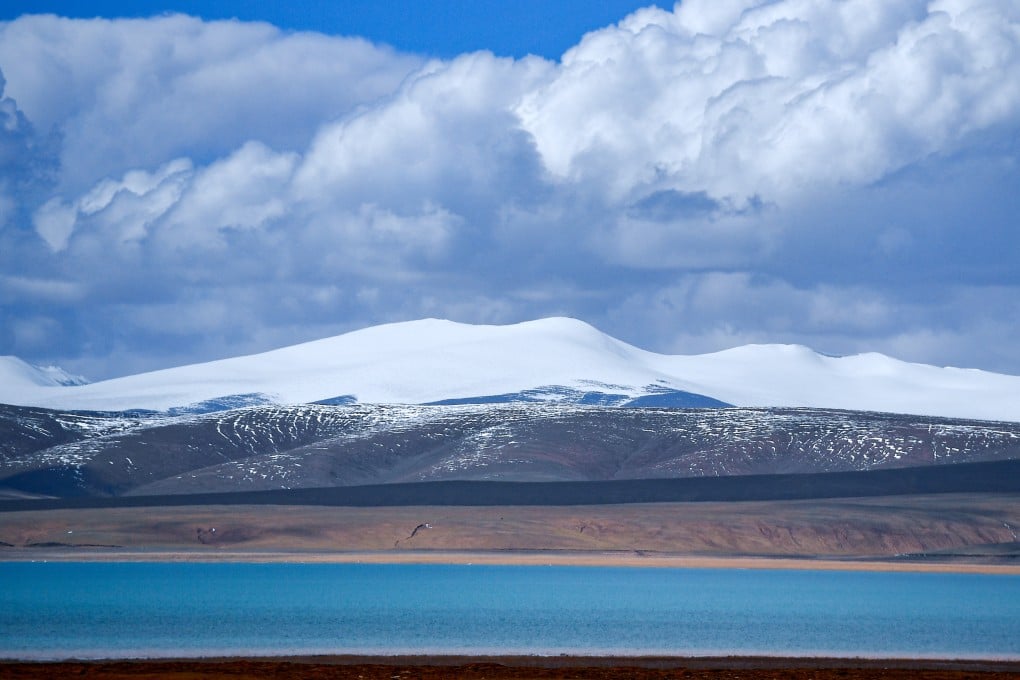Climate change in China: melting glaciers make Tibetan Plateau lakes more hospitable, may boost water supplies, researchers say
- Melting glaciers and increased precipitation lead to decline in salinity, which encourages biodiversity and lowers risk of harmful algae blooms
- The trend could also help supply more drinking water to the region, researcher says

These lakes account for half of China’s total lake surface area, and the change in salinity could also affect the region’s freshwater resources, according to researchers from the Chinese Academy of Sciences (CAS).
Zhu Liping, corresponding author of the study and researcher at the CAS Institute of Tibetan Plateau Research, said the water volume of lakes on the Tibetan Plateau expanded 17 per cent over the past three decades, increasing from 800 billion cubic metres (28.3 trillion cubic feet) in 1990 to 960 billion cubic metres now.
“Lake salinity directly affects aquatic ecosystems and the available freshwater resources,” he said.
“The declining trend in lake salinity on the Tibetan Plateau is certainly favourable to aquatic biodiversity. It will increase biodiversity and help it develop in a good direction,” Zhu said.
Zhu said lower salinity would also decrease the risk of eutrophication – a process in which a body of water becomes enriched with minerals or nutrients that can result in harmful algae blooms and the death of aquatic plants and animals.
